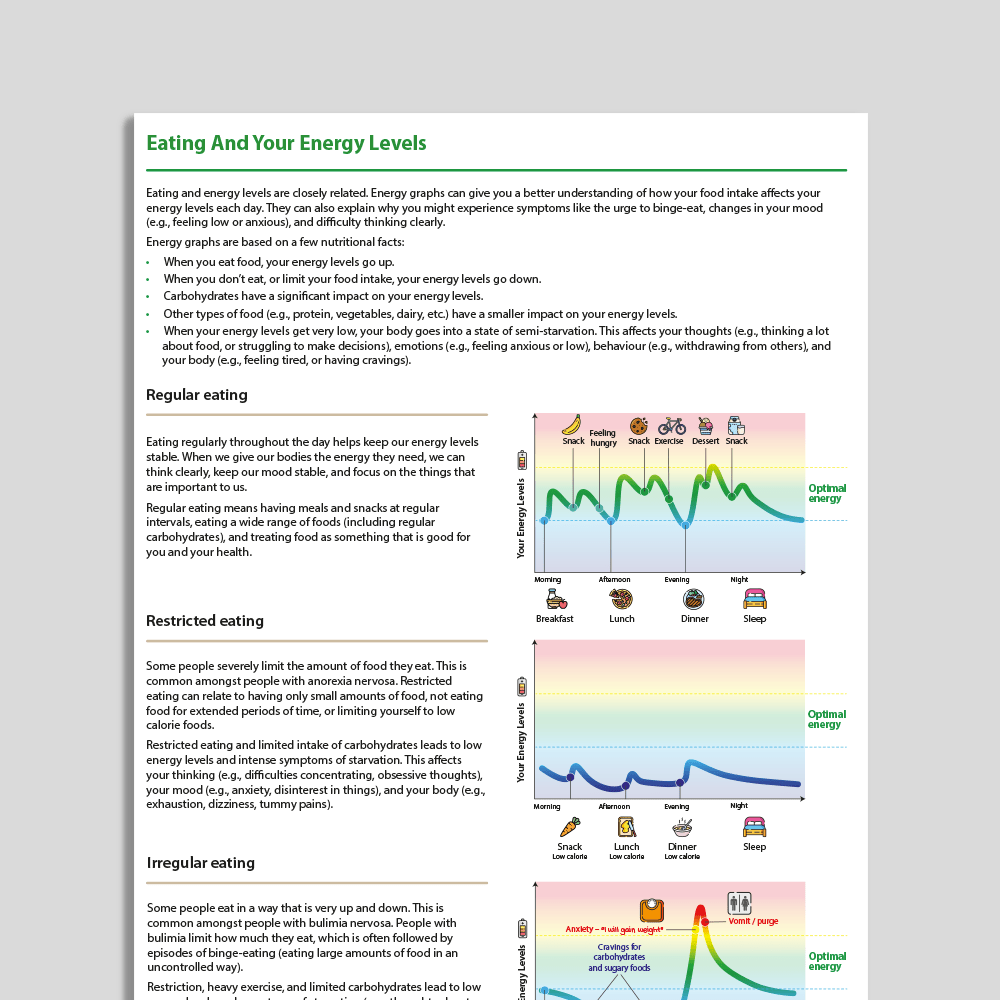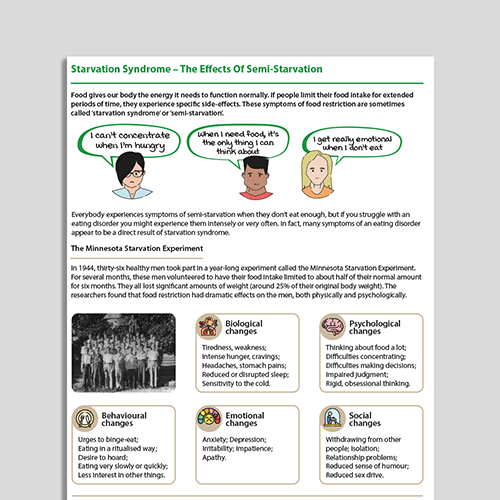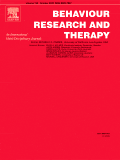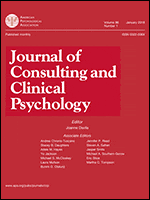18th July 2022 Newsletter

Welcome to the Psychology Tools newsletter for July 2022. In this edition, we highlight two new resources for working with clients with eating disorders: Eating And Your Energy Levels and Starvation Syndrome – The Effects Of Semi-Starvation. Our research roundup this month explores two ways of making therapy more efficient.
New Releases

Eating And Your Energy Levels
Energy graphs can give your clients a better understanding of how their food intake affects their energy levels each day. They can also explain why your clients might experience symptoms like the urge to binge-eat, changes in their mood (e.g., feeling low or anxious), and difficulty thinking clearly. This handout provides an overview of the relationship between food intake and energy levels, highlighting the benefits of regular eating.

Starvation Syndrome – The Effects of Semi-Starvation
This handout provides an overview of the Minnesota Starvation Experiment—a well-known research study which explored the effects of starvation on behavior between 1944 and 1945—and common symptoms of semi-starvation. The symptoms of starvation are similar to the symptoms of eating disorders, which suggest that starvation plays a central role in the experience of eating disorders.
Latest Research

Future-oriented imagery rescripting facilitates conducting behavioral experiments in social anxiety
Exciting experimental data shows that imagery rescripting, which is focused on future negative mental imagery related to a behavioral experiment, can reduce the fearful anticipation of the behavioral experiment.
"The working mechanisms of this future-oriented imagery rescripting intervention can be explained with insights on episodic future thinking. Imagining future events that can occur in someone's personal future influences anticipatory emotions and the plausibility of outcomes of future events, and motivates behavior ... previous research has shown that positive mental imagery of future events can serve as a “motivational amplifier” and increase motivation to engage in activities."
Landkroon, E., Meyerbröker, K., Salemink, E., & Engelhard, I. M. (2022). Future-oriented imagery rescripting facilitates conducting behavioral experiments in social anxiety. Behaviour Research and Therapy, 104130.

Should prolonged exposure (PE) sessions be 60 or 90 minutes?
Indications from a relatively large randomized trial are that:
"60-min sessions of PE are noninferior to 90-min sessions with regard to both efficacy and efficiency. Thus, PE can be effectively delivered in shorter sessions, making it easier for behavioral health providers to implement within the military health system and in other mental health systems that use 60-min session appointments."
Foa, E. B., Bredemeier, K., Acierno, R., Rosenfield, D., Muzzy, W., Tuerk, P. W., … & McLean, C. P. (2022). The efficacy of 90-min versus 60-min sessions of prolonged exposure for PTSD: A randomized controlled trial in active-duty military personnel. Journal of Consulting and Clinical Psychology, 90(6), 503.
